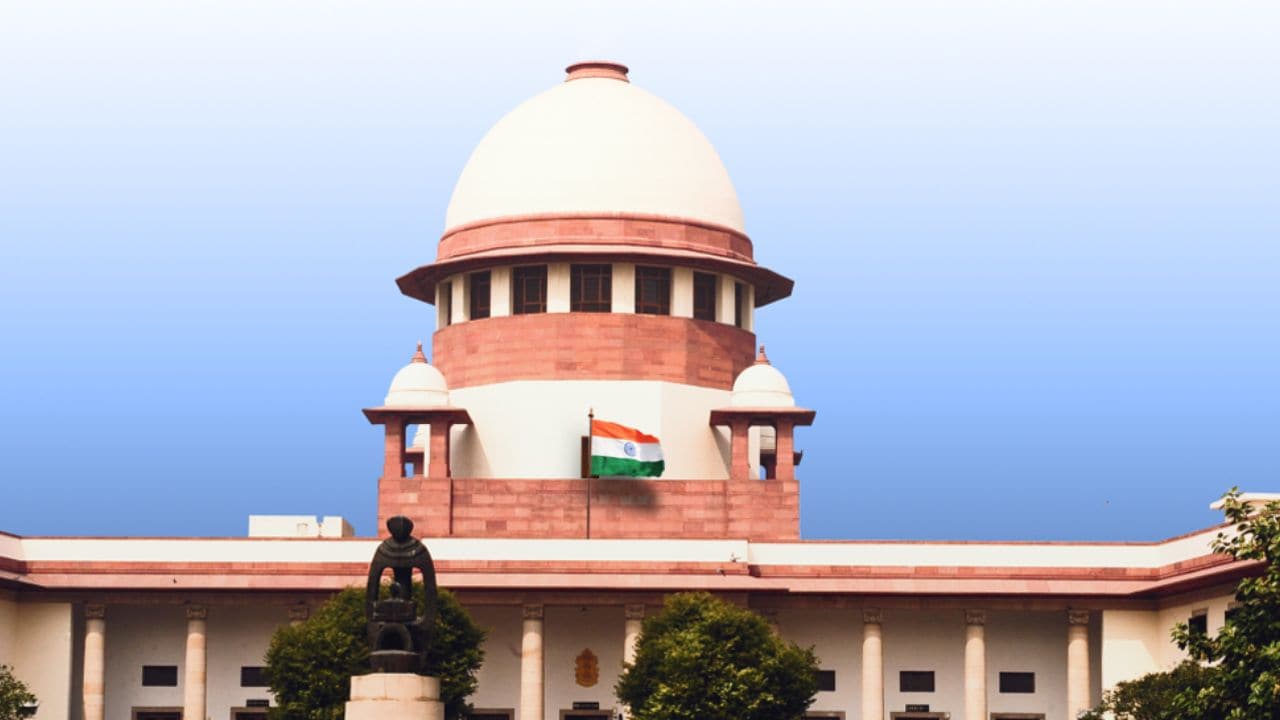In what’s shaping up to be one of the expensive courtroom battles in India’s corporate history, the country’s booming online gaming industry is bracing to spend a jaw-dropping ₹30 crore on just four days of legal hearings in the Supreme Court this May.
Why the high drama (and even higher bills)? The answer lies in a tax battle that’s worth a staggering ₹2.5 lakh crore. The Supreme Court will finally begin hearing the much-anticipated case on May 5 involving show-cause notices issued to some of India’s biggest online gaming companies.
The issue is whether online games of skill like rummy, poker, and fantasy sports should be treated the same as gambling and betting. The government says yes—and wants to levy 28% GST on the entire face value of each bet. The online real money gaming industry strongly disagrees, arguing that these are not games of chance but of skill—and that applying gambling tax laws here is both unfair and legally flawed.
An elite lineup of legal heavyweights will be representing the gaming firms— Senior counsels Harish Salve, Dr. Abhishek Manu Singhvi, Mukul Rohatgi, C. Aryama Sundaram, Sajan Poovayya, Vikram Nankani, Arvind Datar, Dhruv Mehta, Gopal Sankarnarayanan, Balbir Singh, and more. These aren’t just lawyers—they’re the equivalent of legal rockstars, each commanding tens of lakhs per appearance.
On the other side, the Union of India will be represented by Additional Solicitor General N. Venkatraman, who will argue in favor of the tax demands and defend the government’s position on retrospective taxation. Some of his notable cases include Kerala v. Union Suit on Borrowing Limits and The Chamber of Tax Consultants vs Director General of Income Tax.
“The cost of litigation since October 2023 must already be around ₹15 crore,” said a senior counsel familiar with the matter. “But the real spike will come in May. For four full days of arguments with top-tier senior counsels appearing in person, you’re looking at nearly ₹30 crore in fees, travel, accommodation, and support teams.”
Siddharth Chandrashekhar, Advocate at the Bombay High Court broke it down more vividly: “High-stakes cases are a different beast. Clients aren’t just paying for time—they’re paying for the space our expertise occupies in your panic stricken mind.”
Another senior counsel cited the reason behind high legal fees charged by senior counsels, “There are a veritable phalanx of senior counsels appearing in this matter. The court craft, style and language used and the way the top senior counsels can read a provision and present an argument can change the complexion of a case.”
Beyond the glitz of legal theatrics, the outcome of this case will have enormous implications. A verdict in favor of the gaming firms could set a major precedent, clearly separating skill-based games from gambling under India’s tax and regulatory frameworks. It would be a lifeline for hundreds of companies and thousands of jobs in an industry already reeling from the blow of the 28% GST imposition.
But if the court rules in favor of the government, experts warn of a bloodbath.
“If the Supreme Court upholds the tax demands, many gaming companies might be forced to shut down,” warned Adarsh Somani, Partner at Economic Laws Practice. “Their tax liabilities would far exceed any revenue—let alone profits.”
There’s also a wildcard in play: Section 11A, a recently introduced clause that could allow the government to “regularize” the industry retroactively. “It’ll be interesting to see whether, even if victorious, the government uses this provision to safeguard the industry’s future,” Somani added.
On April 8, when Additional Solicitor General N. Venkatraman and senior counsels for the gaming firms stepped into the Supreme Court. The bench—comprising Justices JB Pardiwala and R. Mahadevan—was ready to proceed, expecting arguments to kick off immediately. But in a twist, both the parties pleaded for more time.
The court wasn’t thrilled. Justice Pardiwala reportedly remarked that the expectation was for the hearings to begin that very day. Still, after persistent back-and-forth and requests from both sides, the bench reluctantly agreed to adjourn—one last time.
The next date was decided on May 5 and the case will run straight through the week, the court has drawn a hard line—no further adjournments.
And for four days, the Supreme Court won’t just be the stage for a tax showdown. It will also host one of the expensive legal lineups in the gaming world—and perhaps which could also determine the fate of India’s online gaming sector.
